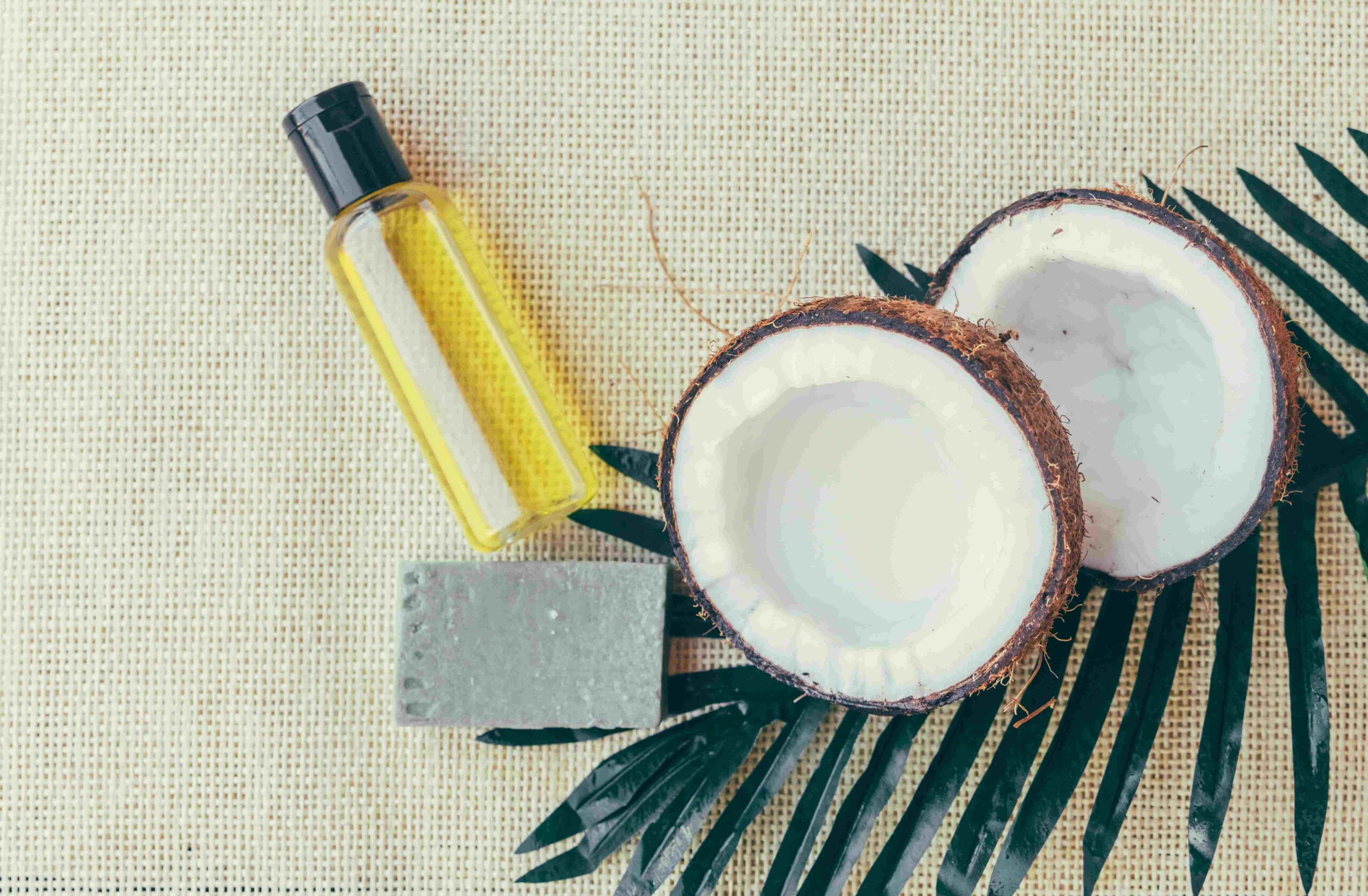Coconut oil has taken the wellness world by storm. From skincare to cooking, it’s a household staple for many. But when it comes to using coconut oil as lube, is it really a safe choice?
If you’re considering switching from store-bought lubricants to a more natural alternative, here’s everything you need to know before making the change.
What Makes Coconut Oil a Popular Lube Choice?
Coconut oil is widely loved for its moisturizing properties and smooth texture. Here are some reasons why many people consider it a natural lubricant:
- Natural and Chemical-Free: Unlike many commercial lubricants, coconut oil doesn’t contain parabens, glycerin, or artificial fragrances that may irritate.
- Long-Lasting: Oil-based lubricants tend to last longer than water-based ones, reducing the need for frequent reapplication.
- Moisturizing Properties: Coconut oil hydrates the skin, making it a great option for those who experience dryness.
- Pleasant Scent and Taste: It has a mild, tropical scent and taste, which some people find appealing.
But just because something is natural doesn’t always mean it’s safe for every use. Let’s dive deeper into the pros and cons.
Is Coconut Oil Safe for Vaginal Use?
While coconut oil has some benefits, its safety largely depends on individual factors and usage.
The Pros of Using Coconut Oil as Lube
- Antimicrobial Properties
Coconut oil contains lauric acid, which has antibacterial and antifungal properties. This may help reduce infections like yeast infections, though more research is needed. - Reduces Friction
Coconut oil provides a smooth glide, reducing friction and discomfort during intimacy. - May Be Safe for Sensitive Skin
Many people with sensitive skin find coconut oil to be soothing and less irritating than synthetic lubricants.
The Cons of Using Coconut Oil as Lube
- Can Disrupt Vaginal pH
The vagina has a delicate pH balance. While coconut oil’s antibacterial properties sound beneficial, they may also kill off good bacteria, increasing the risk of infections. - Not Compatible with Latex Condoms
Oil-based lubricants, including coconut oil, weaken latex condoms, increasing the risk of breakage. If you rely on condoms for protection, it’s best to avoid coconut oil as lube. - Potential for Allergic Reactions
While rare, some people may be allergic to coconut oil. Always do a patch test before using it intimately.
Is Coconut Oil Safe for Anal Use?
Anal intercourse requires a lubricant that provides extra glide and reduces discomfort.
While coconut oil’s slick texture can help, it has drawbacks:
- Lack of Water-Solubility: Coconut oil doesn’t wash away easily, which may increase the risk of bacterial infections if not cleaned thoroughly.
- Not Condom-Safe: Again, if you’re using latex condoms for protection, coconut oil is not a suitable choice.
- Possible Mess: Oil-based lubes can stain fabrics, which may be inconvenient.
Can Coconut Oil Cause Infections?
One of the biggest concerns about using coconut oil as a personal lubricant is whether it increases the risk of infections. While coconut oil has antifungal properties, it is not universally beneficial for vaginal health.
- Yeast Infections: Some studies suggest that coconut oil can combat Candida, a yeast responsible for infections. However, other research indicates that oil-based products may trap bacteria and yeast, potentially leading to infections.
- Bacterial Vaginosis (BV): Since oil-based products can disrupt the vaginal microbiome, they may contribute to an overgrowth of harmful bacteria.
If you have a history of frequent yeast infections or BV, consult a healthcare provider before using coconut oil as a lubricant.
Alternative Natural Lubricants
If you’re looking for safe, natural alternatives, consider these options:
- Aloe Vera Gel: Water-based and gentle on sensitive skin.
- Olive Oil: Another natural option, though it shares the same condom incompatibility as coconut oil.
- Water-Based Lubricants: If you need a condom-safe, non-irritating option, opt for water-based lubes with minimal ingredients.
How to Use Coconut Oil as Lube Safely
If you decide to try coconut oil as a lubricant, follow these tips for safer use:
- Choose Organic, Unrefined Coconut Oil: Avoid refined or processed versions, which may contain additives.
- Do a Patch Test: Apply a small amount on your inner arm and wait 24 hours to check for allergic reactions.
- Use in Moderation: A little goes a long way—overuse may lead to excess residue and difficulty washing it off.
- Avoid If Using Latex Condoms: If you need protection, stick to water or silicone-based lubes.
- Clean Up Properly: Wash the area thoroughly after use to prevent bacteria buildup.
Final Verdict
Coconut oil can be a good natural lubricant for certain situations, especially for solo play or with non-latex protection. However, its drawbacks—particularly its effect on vaginal pH and incompatibility with latex condoms—make it a less-than-ideal choice for everyone.
If you’re prone to infections or need condom compatibility, it’s best to stick with safer alternatives like water-based lubricants. Always listen to your body, and when in doubt, consult a healthcare professional before making a change in your intimate care routine.
Sahil Sachdeva is the Founder of curemedoc.com and a Digital Marketing professional with years of experience. If you need help in Content writing and want to increase your website ranking, connect with him, as he has some premium websites where you can share blogs with DoFollow links and increase your website’s ranking on Google.





